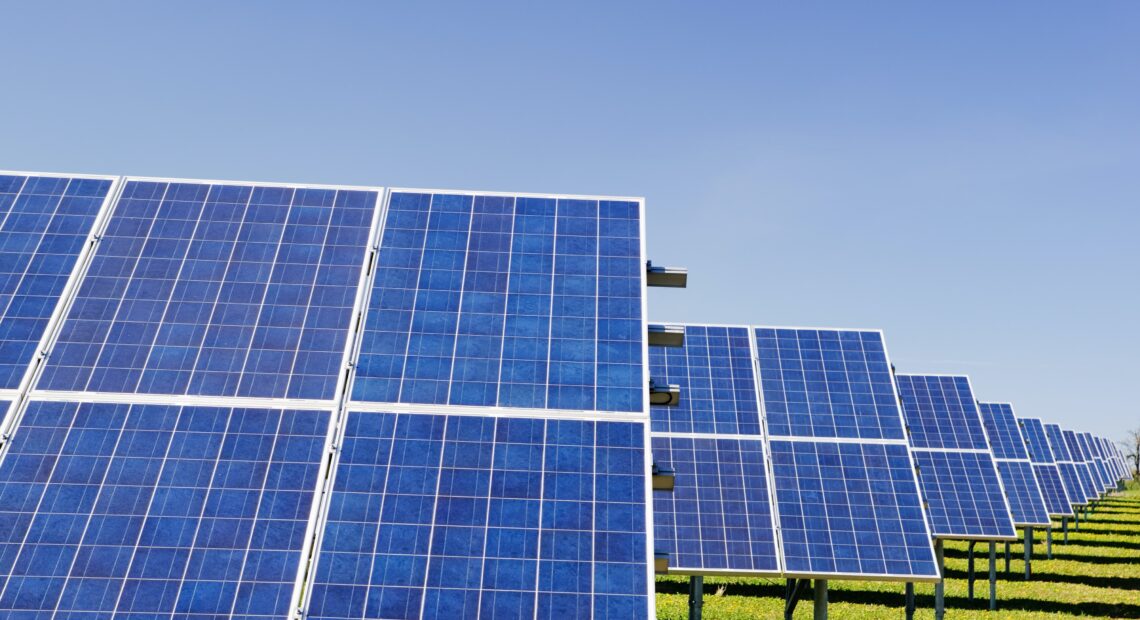Renewable energy sources have grown to become a significant part of today’s energy mix, particularly in electricity generation Image: Unsplash
With decarbonisation targets in mind, which renewable technologies are most appropriate to build?
Ireland has adopted a 70% renewables penetration target for 2030, and is looking to stimulate further investment in renewable generation through the introduction of the Renewable Electricity Support Scheme (RESS).
The results of the first RESS auction notwithstanding, it is widely accepted that the levelised cost of solar is generally higher than that of onshore wind in the all-island Single Electricity Market (SEM). In turn, cost-reflective RESS auction bid prices will generally favour onshore wind, resulting in the view that onshore wind naturally provides the most attractive way to decarbonise the Irish power system.
However, decisions based on which renewable technology to build for achieving the renewable penetration targets should not depend on relative auction bids alone. While auction bids are important, they do not tell the whole story.
For example, solar and wind projects with the same RESS strike price would not necessarily expect to receive the same level of RESS support, as their respective captured price from the wholesale market may be quite different. This means solar projects with a higher strike price than onshore wind may have the same or lower cost of support.
Key findings
The study, commissioned by the Irish Solar Energy Association (ISEA), finds that achieving the 2030 RES-E ambitions through a more balanced mix of new wind and solar leads to:
- Lower societal costs;
- Lower carbon emissions;
- A more secure system.
Relying solely on strike price comparisons in the next RESS auctions may not allow for this to be realised. Therefore, some form of mechanism could be employed to provide a more equitable comparison. For example, as with the first RESS auction (RESS-1), a preference category for solar could be included in future auctions to ensure some solar.
The Evaluation Correction Factor (ECF) could also be used in the determination of successful projects, for example by assigning an ECF to solar in RESS auctions below 1.0 to reflect some of the identified benefits.
Source: afry.com













